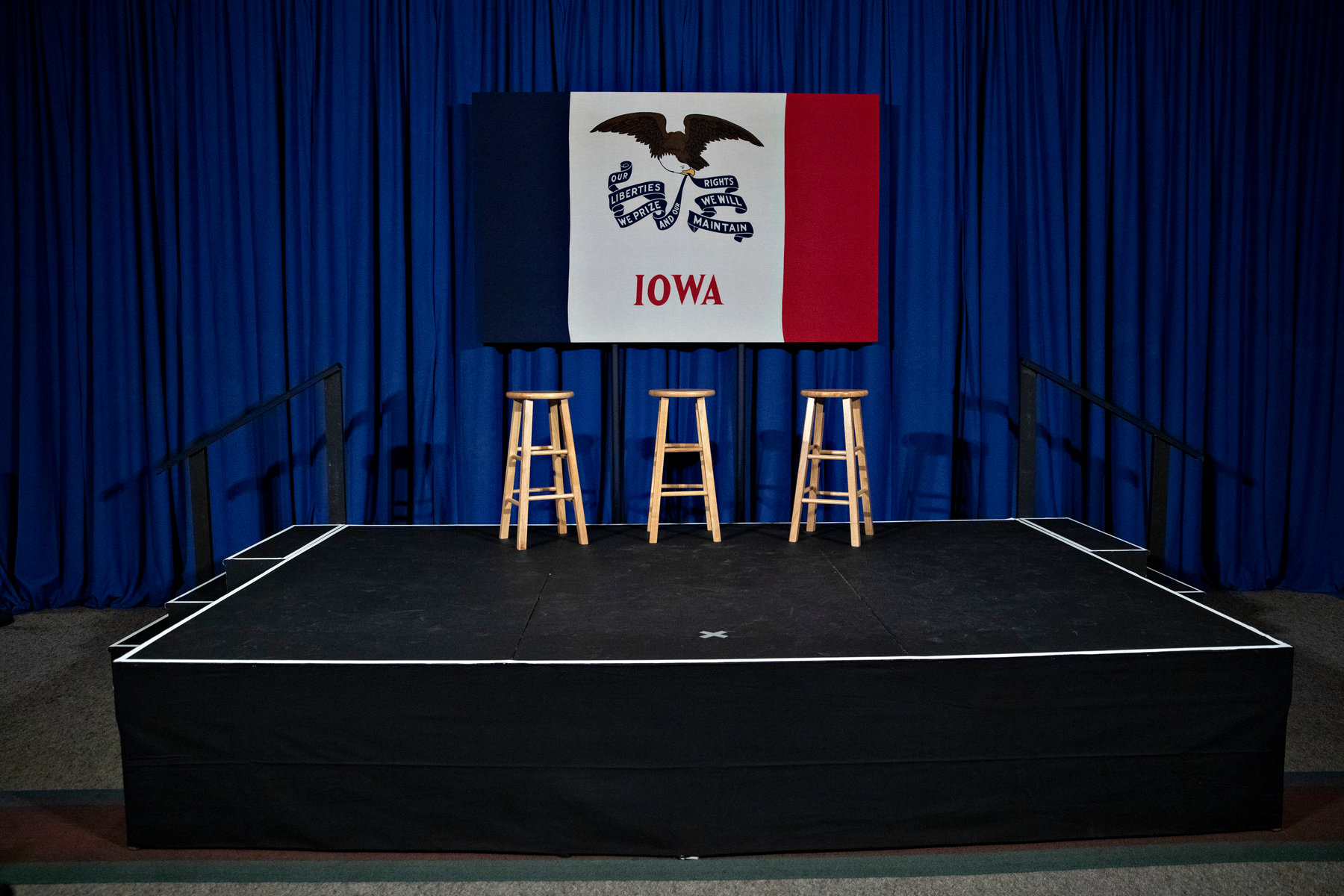The time for pundits, analysts, and candidates to make their case and argue their points to Iowa Democratic primary voters is over. Now, it’s in the hands of caucus participants tonight to put the rubber to the road and kick off this primary season with some actual voting and delegates.
Here’s everything you need to know for the 2020 Iowa Democratic Caucuses which will be held later this evening around 7 pm CT.
The caucuses are unlike a primary in that there is no poll opening time and closing time. Instead, the caucuses take place over the course of a few hours in the evening with results following soon after.
Monday, February 3
Iowa Democratic Caucus
Time: Caucuses begin at 7 pm CT and last several hours
Registration: Same-day registration allowed
Where To Vote: Find Your Caucus Location
Delegates: 49 (41 pledged, 8 unpledged)
Allocation: Proportional
Threshold: 15% (A candidate must receive at least 15% to win a delegate)
Other Links: Iowa Vote Registration Check, Iowa Voter Registration
The Iowa Democratic Party has created a website called TheCaucuses.org. This site tells you everything you need to know for participating in the Iowa Democratic caucus. You must be a registered Democrat in Iowa to participate but you can register or change registration on caucus day.
Live caucus results
The results won’t start coming in until very late on Monday evening. Once the precinct caucuses are complete at each caucus site, then the results have to be tabulated and certified by the Iowa Democratic Party. At that point, results, along with the raw vote data, will be released to the public.
Live Video Stream: Live Iowa Caucus Results
You can follow along live right here:
How do caucuses work?
As a refresher, caucuses are very different than primaries. For starters, primaries are typically a normal voting day, with normal polling locations opening in the morning and closing in the evening, and everyone stops by to cast their vote and get on with their day.
Caucuses work much differently and are much more “localized” and interactive with debates and discussion among caucus participants over which candidate is the best.
Here’s a short video from the Washington Post which gives you an idea of how the caucuses work:
How are delegates awarded?
There are 41 pledged delegates to be awarded on caucus night in the Democratic race, plus an additional eight unpledged (superdelegates) in the state of Iowa. Delegates are awarded proportionally based on the vote breakdown, and from there, the delegates awarded on caucus night will head to county conventions, then to an Iowa Democratic Party state convention, where the delegates for each candidate will actually be selected to represent the candidate at the Democratic National Convention this summer.
The activity on caucus night is electing delegates in each of Iowa’s 1,679 precincts to the county convention. But the Democratic “winner” of the caucuses is the candidate who accrues the most state delegate equivalents on caucus night.
Whatever number of delegates the candidate wins on caucus night, as announced by the Iowa Democratic Party, will be the number of pledged delegates they carry to the national convention, with a few stops in between.
How will results be released?
In a change from past Democratic caucuses, the Iowa Democratic party will release three sets of results: “the first expression of preference” before the realignment, the “final expression of preference” after realignment and state delegate equivalents (the number used to determine the “winner” in past results). The final expression number is used to determine who gets delegates and who doesn’t.
All of the numbers will be released at the same time. The changes are meant to provide more transparency and openness to a procedure that is run almost entirely by the state Democratic Party in Iowa and has been criticized on the past for murky rules and delegate tabulation.
What about New Hampshire and the rest?
Follow the 2020 Primary Schedule to keep track of what’s coming up in the 2020 Democratic Primary. The next Democratic debate is set for Friday, February 7, followed by the New Hampshire primary on Tuesday, February 11.
Donate Now to Support Election Central
- Help defend independent journalism
- Directly support this website and our efforts
